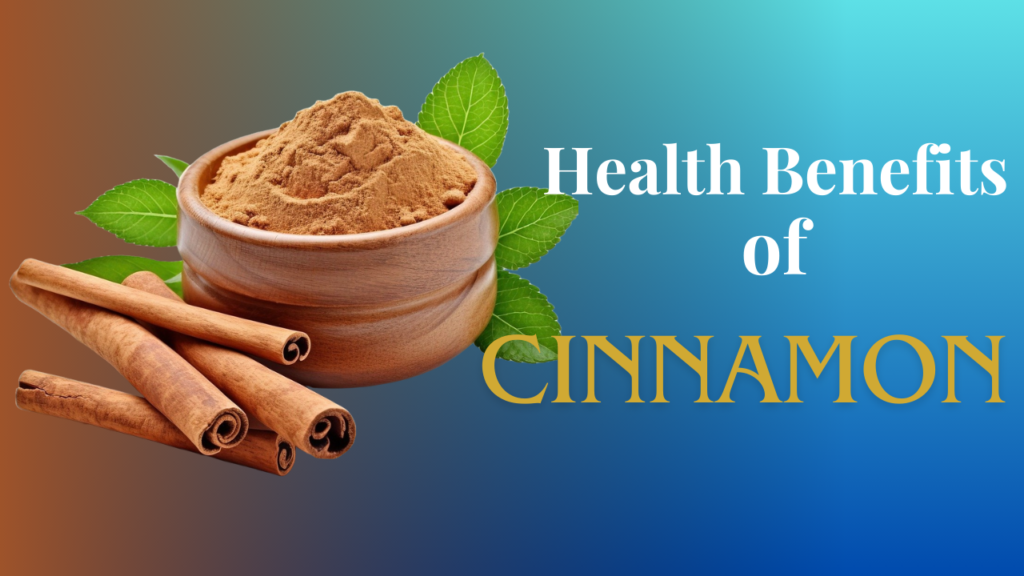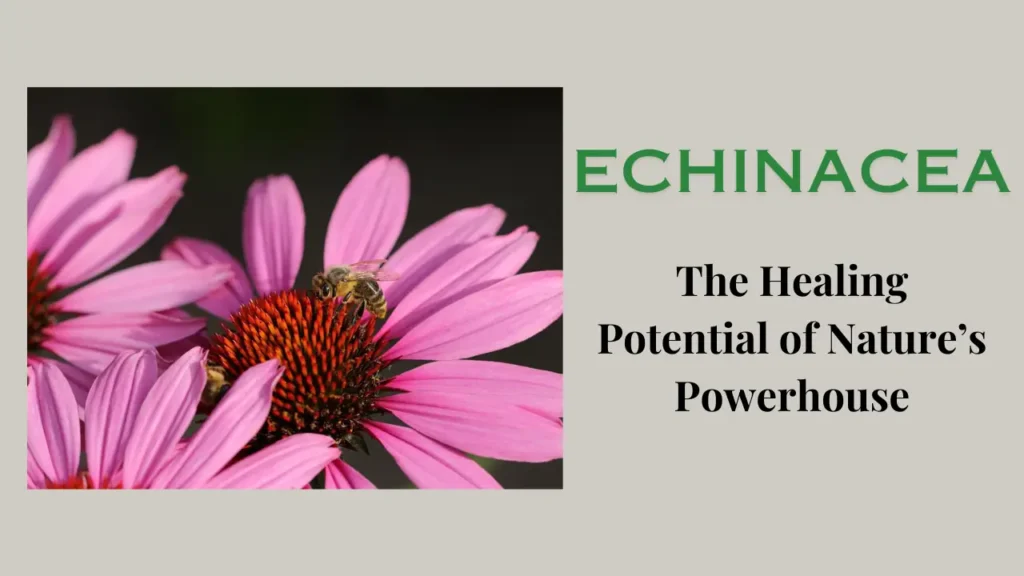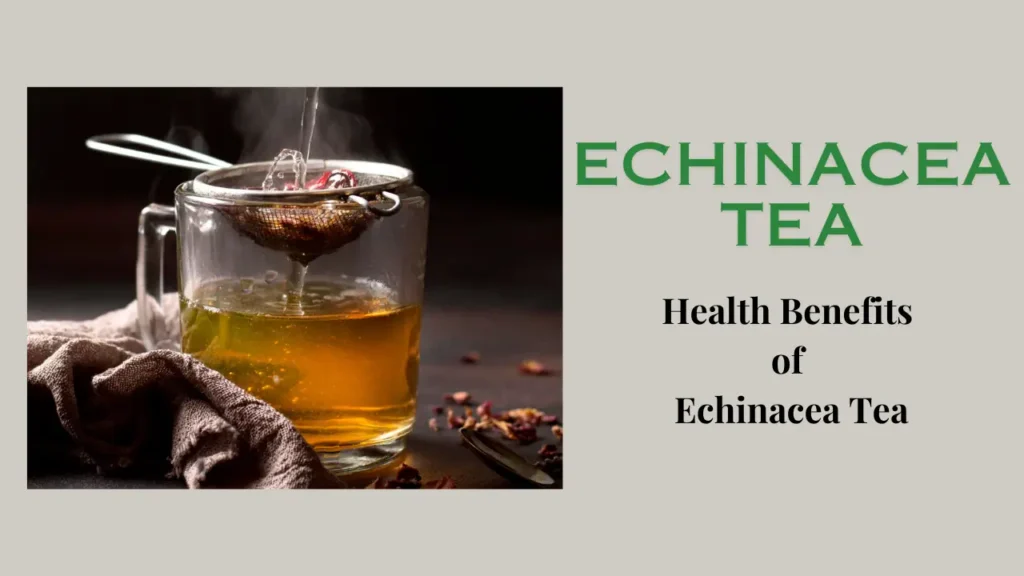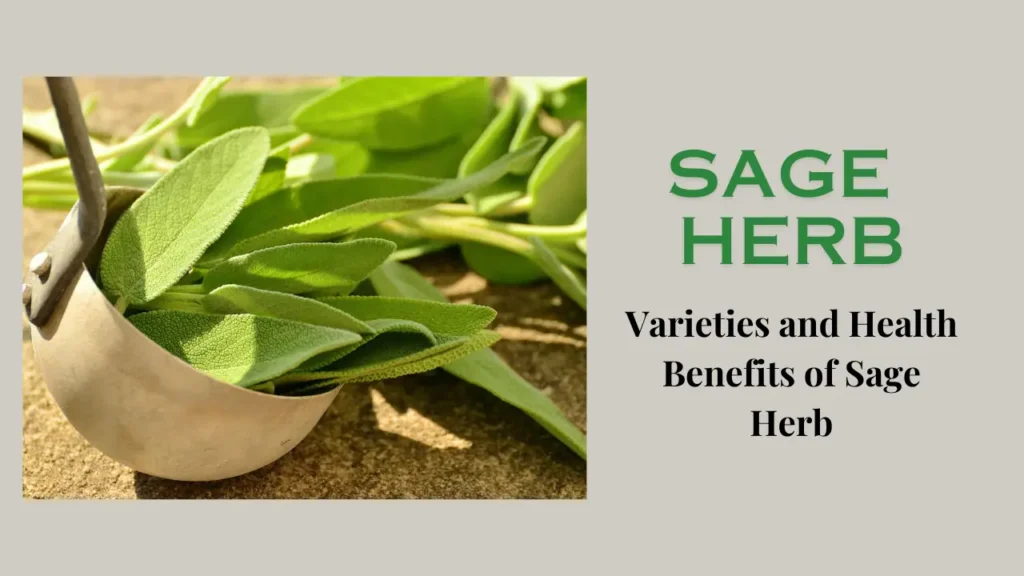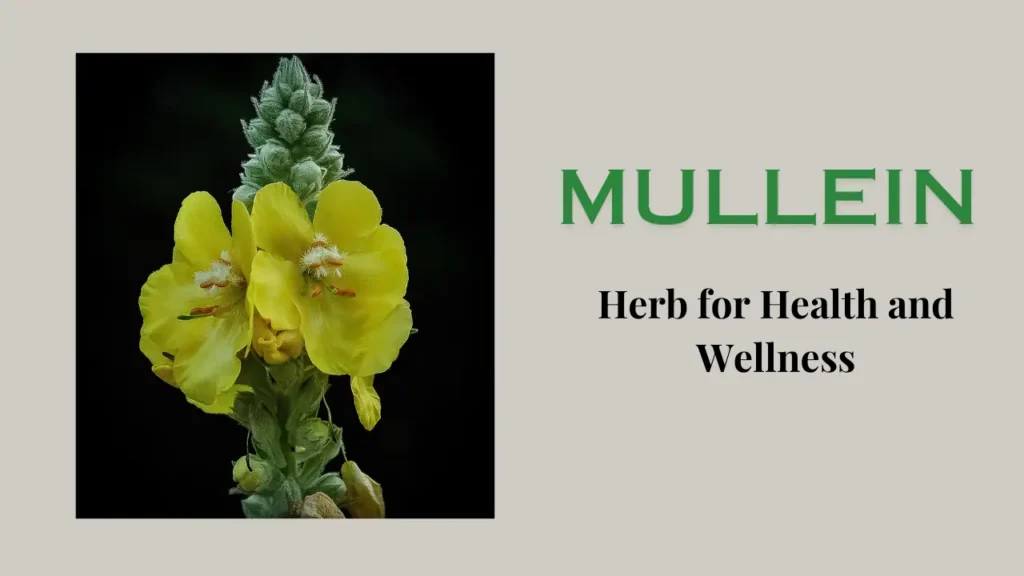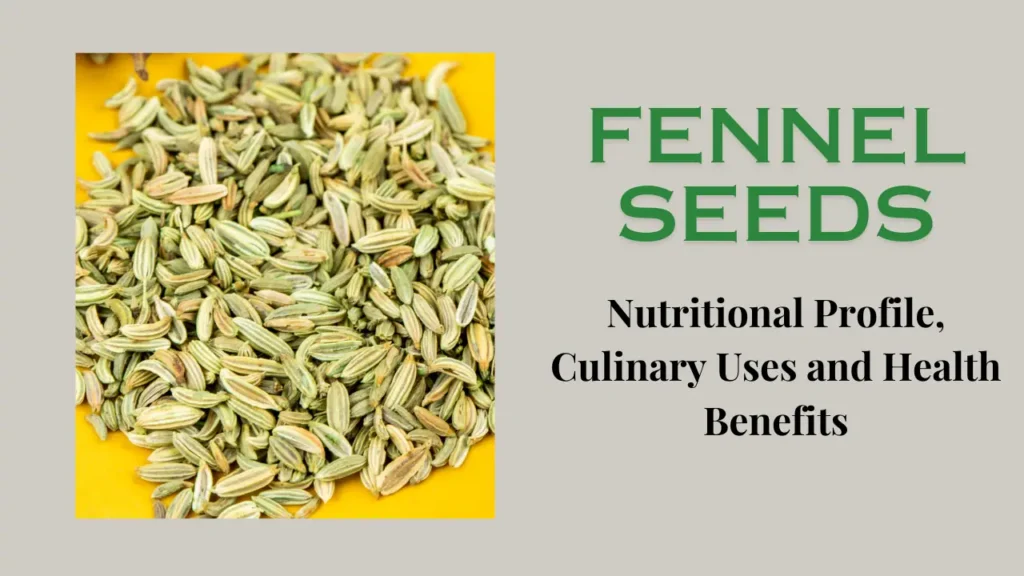In the vast world of herbal teas, mullein tea is known for its versatility and innumerable health benefits. This herbal extract with its centuries-old history has attracted the attention of health lovers and tea connoisseurs alike. Today we will learn in detail about the origin, medicinal properties, brewing technology, and possible side effects of mullein tea.
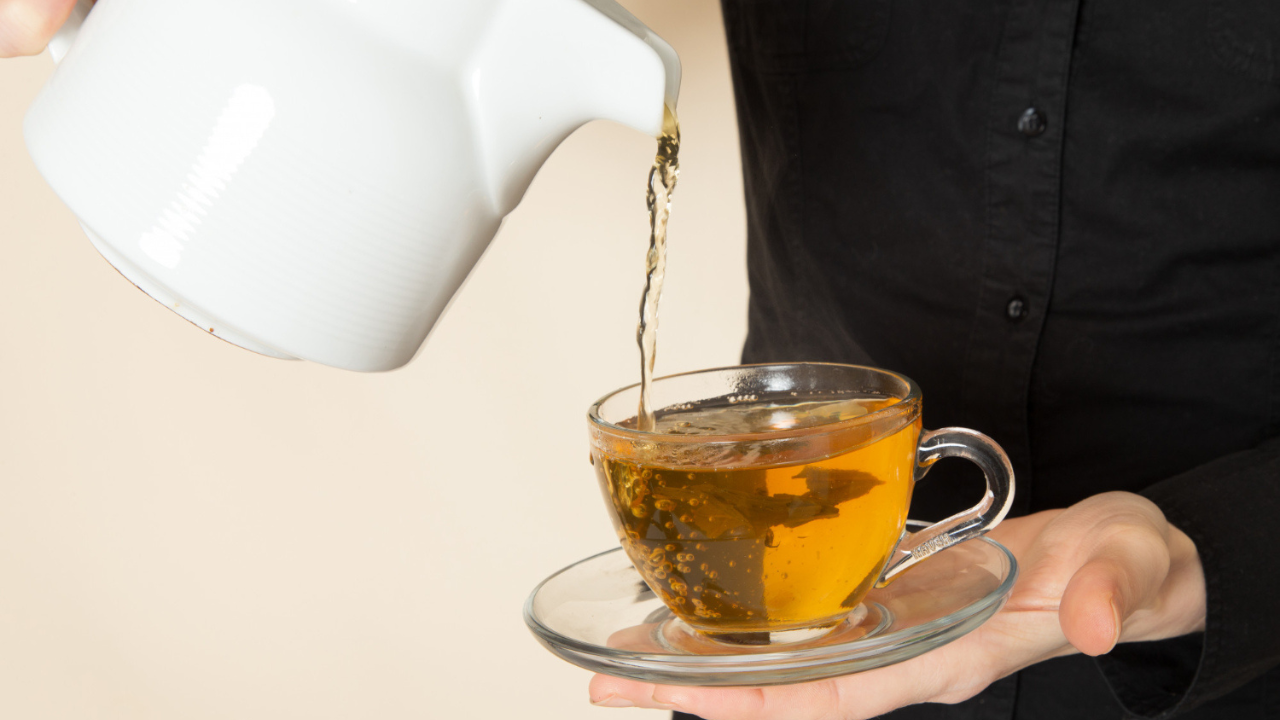
Table of Contents
Mullein is scientifically known as Verbascum thapsus. It is a flowering plant originally found in Europe and Asia that is now known for its properties in different parts of the world. Its distinctive tall stem, adorned with soft, hairy leaves and bright yellow flowers, makes it easily recognizable. It has traditionally been used for medicinal purposes but the use of mullein tea has become popular today due to its healing properties.
Medicinal Properties of Mullein Tea
A. Respiratory Health
- It helps relieve respiratory problems. It acts as an expectorant, helping to clear mucus from the lungs and reducing symptoms of bronchitis and asthma. This tea’s anti-inflammatory properties relieve cough and congestion, making breathing easier.
B. Anti-Inflammatory and Analgesic Effects
- Mullein tea contains anti-inflammatory and analgesic compounds, which help relieve arthritis and joint pain. Its regular consumption helps in reducing swelling and other problems related to it.
C. Ear Health
- Mullein oil obtained from its flowers has been used to relieve ear pain and infections. By including this tea in your daily routine, its potential anti-bacterial properties contribute to overall ear health.
D. Antibacterial Properties
- Some studies suggest that mullein extract may have antibacterial properties against some common pathogens, such as Staphylococcus aureus and Escherichia coli. However, more research is needed to confirm these effects in humans.
Read Also: Mullein
How to make Mullein Tea
Ingredients
- Dried Mullein leaves or flowers (1-2 teaspoons)
- Hot water (8 ounces)
Steps
- Boil water and cool it slightly to about 190°F (88°C).
- After this, place the dried mullein leaves or flowers in a teapot or infuser.
- Pour hot water over it and leave it for 10-15 minutes.
- After some time, filter the tea and you can use honey or lemon to enhance the taste.
Tips
- Experiment with it to learn more about its benefits. Use high-quality mullein leaves or flowers to get the best flavor and medicinal benefits.
Read Also: Saw palmetto
Its Potential Side Effects
Mullein tea is generally safe for most individuals but it is important to be aware of its potential side effects and precautions:
- Allergies: Persons allergic to plants in the Scrophulariaceae family (such as sage or mint) should use caution.
- Pregnancy and Nursing: Individuals who are pregnant or breastfeeding should consult a doctor before consuming this tea.
- Drug Interactions: Mullein may interact with some medications, so it’s best to consult a doctor if you’re taking prescription medications.
Conclusion
In conclusion, mullein tea is a valuable addition to your health routine. It offers many health benefits supported by traditional use for centuries. Whether you want relief from respiratory problems and inflammation, or simply enjoy a soothing cup of herbal tea, mullein tea is a versatile and natural option.
Frequently Asked Question
- If you are pregnant or breastfeeding: There is not enough research on the safety of this tea for pregnant or breastfeeding women, so avoid using it during these times.
- If you have existing gastrointestinal problems: Mullein tea has laxative effects that may worsen conditions such as ulcerative colitis or Crohn’s disease.
- If you are taking certain medications: Mullein tea may interact with medications such as diuretics, blood thinners, and digoxin. Therefore, if you are taking any medicine, consult your doctor before taking it.
- If you are allergic to mullein: Avoid taking it if you are allergic to similar plants such as verbena or primrose.
Mullein tea has a mild, earthy flavor with some flowers and honey. Some people find it pleasant while others may find it a little bitter. Its taste may also vary depending on the method of preparation and the quality of the leaves used.
People with the following conditions or risk factors should consult their doctor before consuming mullein tea:
- Pregnant or breastfeeding women
- Existing gastrointestinal problems
- Taking certain medications (diuretics, blood thinners, digoxin)
- Known allergy to Mullein or similar plants
- A person with Liver or kidney disease
Autoimmune disorders
This tea has been used traditionally for respiratory health for centuries. It contains mucilage, a substance that soothes irritated mucous membranes and helps loosen mucus in the airways. Some research suggests that it also has anti-inflammatory and antioxidant properties, which may further benefit lung function. However, more scientific studies are underway to confirm these claims.
This tea does not contain any sleep-inducing substances, some people feel relaxed or drowsy after drinking it. This is due to its mild anti-inflammatory and soothing effects. However, it does not provide a sleep aid so it should not be used in this manner.
Disclaimer: This information is not a substitute for professional medical advice. Always consult your doctor before trying any new herbal remedies, especially if you have any existing health problems or are taking medications.

